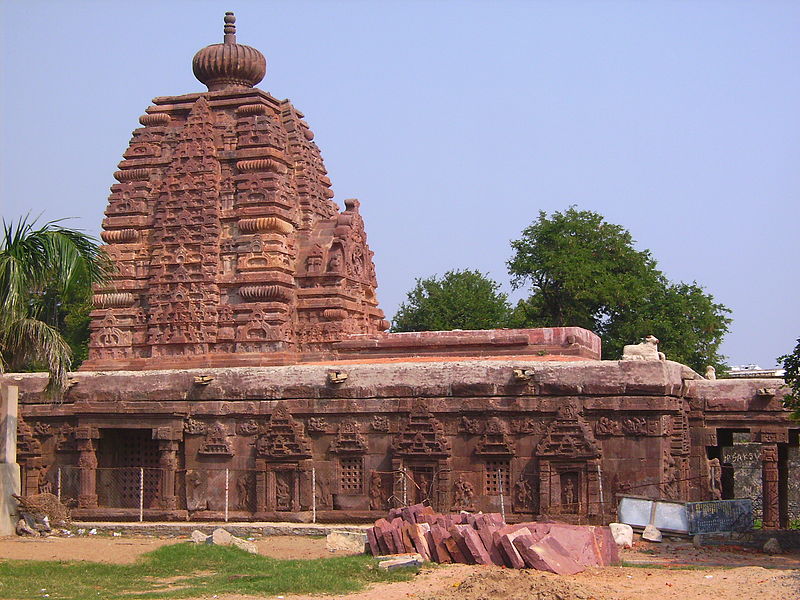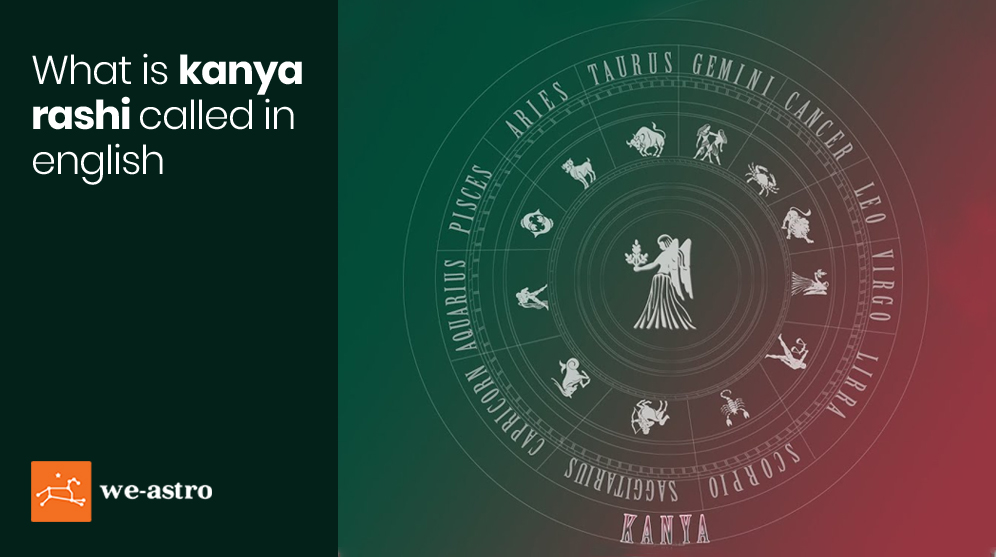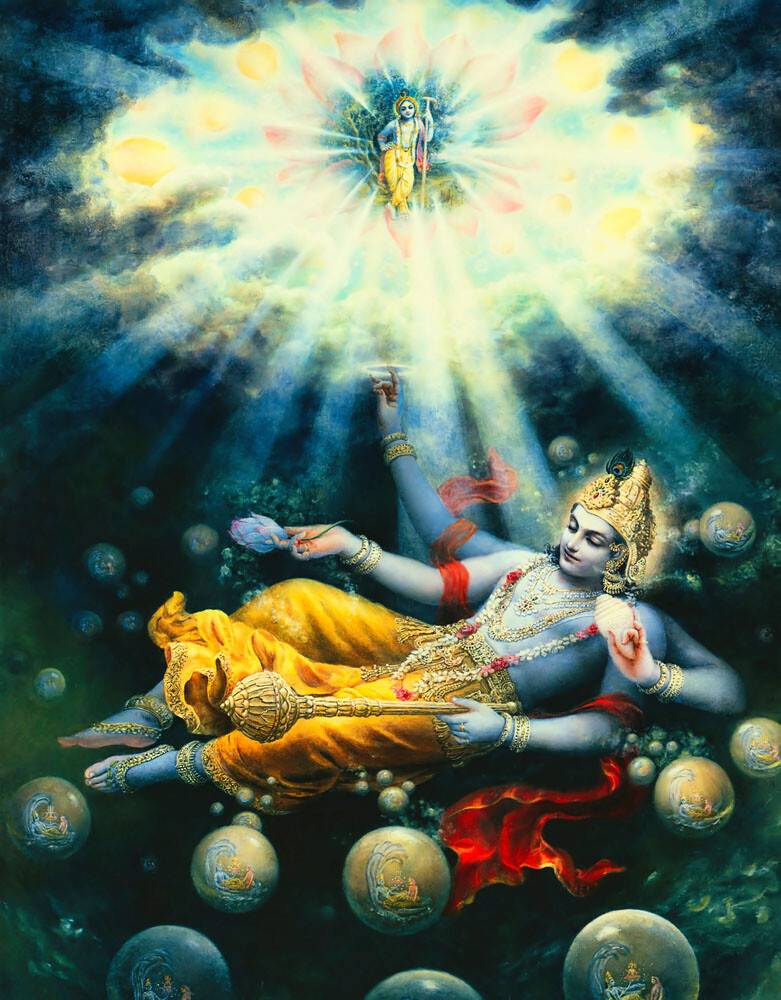Unveiling Divinity: The Uncommon Saga of Lord Ayyappa
Explore Lord Ayyappa, a significant deity in Hinduism, known for his eternal celibacy and powers, revered in South India.

Lord Ayyappa, also known as Ayyappan, is a significant deity in Hinduism, revered by millions across the world, particularly in the Southern state of India, Kerala. Portrayed as a youthful god, he personifies the union of Shiva and Vishnu, two primary deities of the Hindu pantheon, symbolizing the unity in diversity prevalent in Hindu philosophy. The deity is also renowned for his inherent connection to the ethical and moral compass of dharma-holding a pivotal position in the spirituality of his devotees.
In the context of Hindu mythology, Lord Ayyappa's birth is considered miraculous. To annihilate the demoness Mahishi, an offspring of both Shiva and Vishnu was required. Thus, Ayyappa was born to Shiva and Mohini, an avatar of Vishnu. His divine mission was accomplished when he defeated the demoness, showcasing his unassailable power.
The Sabarimala Temple, nestled amongst the lush greenery of Kerala, is the most famous shrine dedicated to Lord Ayyappa. It attracts millions of devotees annually, becoming a significant pilgrimage site. The journey to Sabarimala is not just a pilgrimage but also a voyage of self-discovery and penance. Devotees observe rigorous rituals, including 41 days of fasting, celibacy, and abstinence from worldly pleasures, symbolizing their dedication and devotion to Ayyappa.
Ayyappa's teachings emphasize the importance of righteousness, ethical behavior, and the inherent goodness in every individual. His stories and legends provide key moral lessons on unity, harmony, and the power of good over evil. In essence, Lord Ayyappa serves as a beacon of hope, a symbol of unity, and the epitome of dharma in the vast ocean of Hindu mythology and spirituality.




